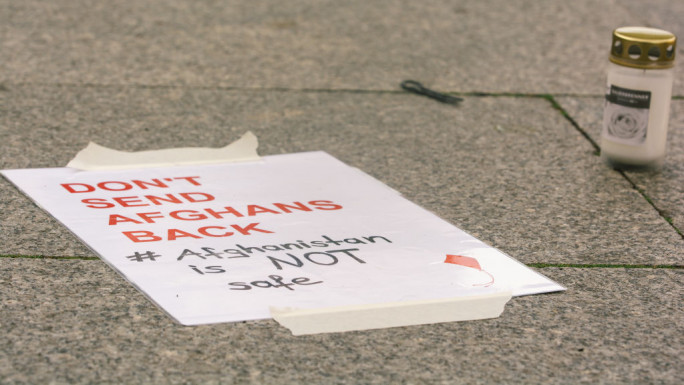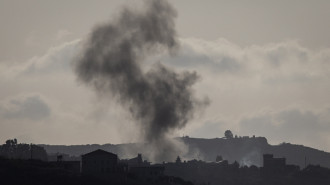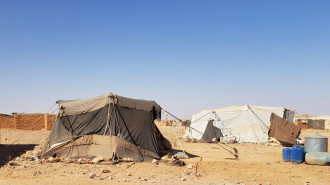Amnesty demands international investigation into Lebanon pager blasts
Rights group Amnesty International has called on Lebanon to establish an international investigation into the pager blasts that struck across Lebanon killing at least 37 people last week, and wounding around 2,900 others.
The rights group said that the perpetrators must be held accountable for the attack. Israel is widely believed to be responsible.
According to Amnesty, the attacks were carried out indiscriminately and are unlawful under international humanitarian law, as evidence gathered suggests the perpetrators could not verify who was in the immediate vicinity of the devices and who would be harmed at the time of explosion.
Children and other civilians were among those killed by the explosions, which took place on 17 and 18 October. Reports of pagers exploding in hospitals and in residential buildings also indicates that the attack was not precise or targeted.
According to Amnesty, as a result, the attack should be investigated as a war crime as it "violated at a minimum the right to life under international human rights law, which continues to apply in situations of armed conflict".
A statement from the rights group added that it also likely violates other human rights, depending on the various impacts of the attack on the Lebanese population and their daily lives.
While Israel has not directly claimed it is behind the attacks, Israeli officials have made comments praising the pager blasts.
On 18 September, Israeli defence minister Yoav Gallant said that a "new era" of war with Lebanon was starting, and praised the "excellent achievements" of Israeli security and intelligence forces.
The comments have been widely perceived as an admission or implicit acknowledgment of Israel’s role in the attacks.
"The mass explosions across Lebanon and Syria in recent days bear the hallmarks of a sinister dystopian nightmare. Using hidden explosive devices concealed within everyday telecommunications devices to wage deadly attacks on such a scale is unprecedented” Aya Majzoub, Amnesty International’s deputy Middle East director said in a statement.
"Even if the attacks intended to target military objectives, detonating thousands of devices simultaneously without being able to determine their exact location or whose possession they were in at the time of the attack demonstrates a flagrant disregard for the right to life and for the laws of armed conflict," she added.
Amnesty reiterated that international law prohibits attacks that fail to distinguish between civilians and military targets which many have said the pager attacks constitute.
The pagers exploded in supermarkets, homes, cars, residential streets and other busy public areas, causing panic across the country.
Many reported feeling anxious about using their phones, baby monitors and other devices after the blasts, unsure of they too would explode.
Already overwhelmed Lebanese healthcare and rescue workers struggled to get to affected areas as explosions sounded around the country.
The pager attacks happened amid an escalating conflict between Israel and Hezbollah, as well as Israel’s war on Gaza.
Lebanon’s ministry of health stated that since 9 September, Israeli attacks on southern Lebanon and the Bekaa region have killed at least 137 civilians.
Hundreds of Hezbollah fighters have also been killed and over 113,000 have been forced to flee their homes.
![Amnesty has called on Lebanon to carry out an international investigation into the pager attacks [Getty]](/sites/default/files/styles/large_16_9/public/2172125252.jpeg?h=a5f2f23a&itok=nfRLgt8i)




![gaza hospital [getty]](/sites/default/files/styles/image_684x385/public/media/images/04CAB42E-7AB3-4448-B45F-B0E1D7D43091.jpg?h=d1cb525d&itok=XYFJ5dpl)


